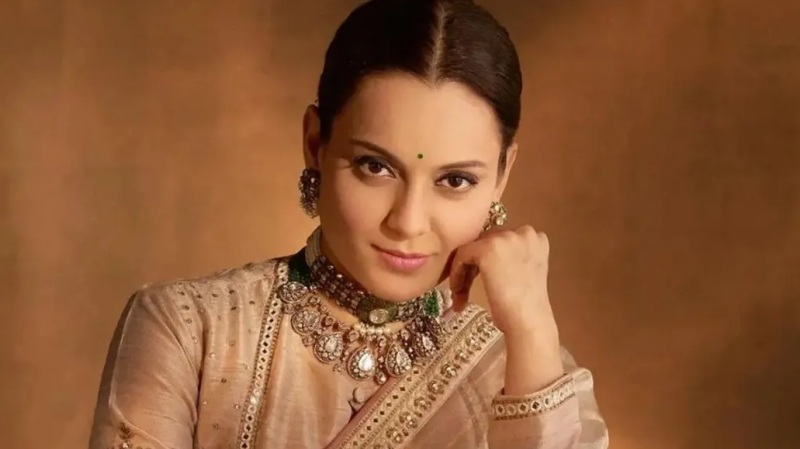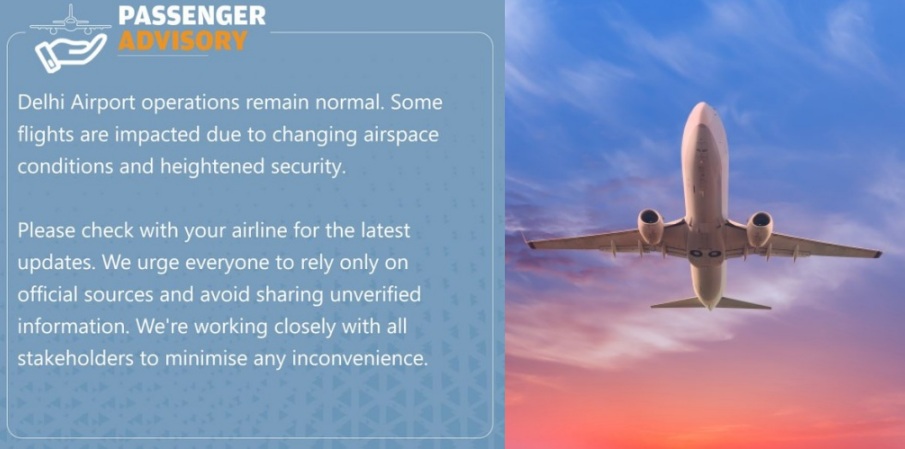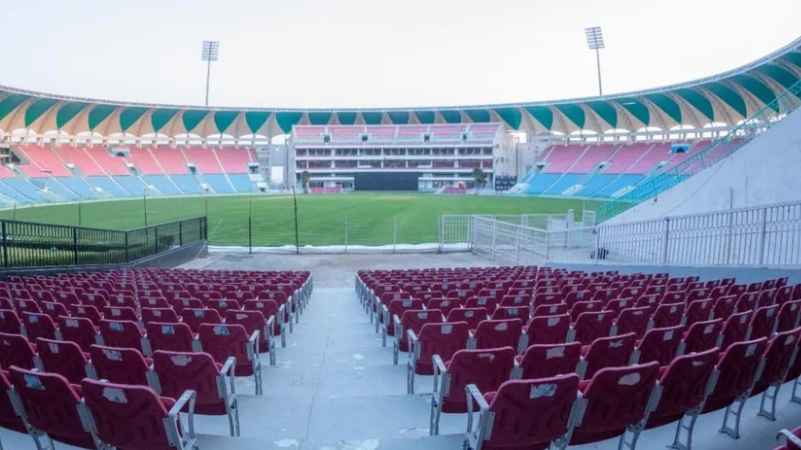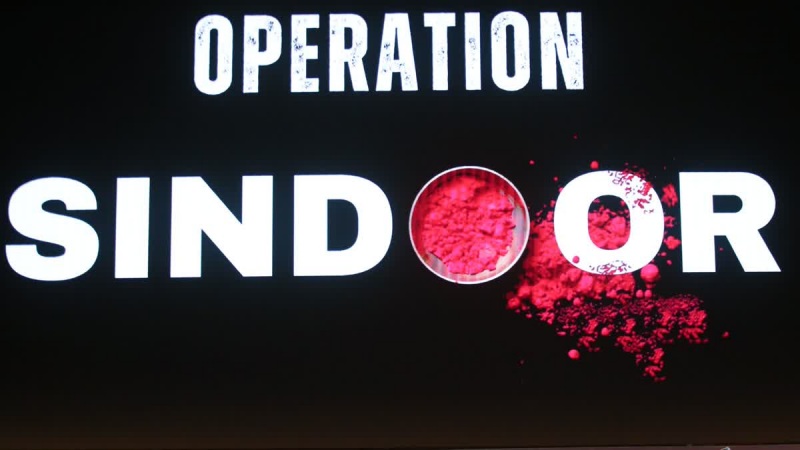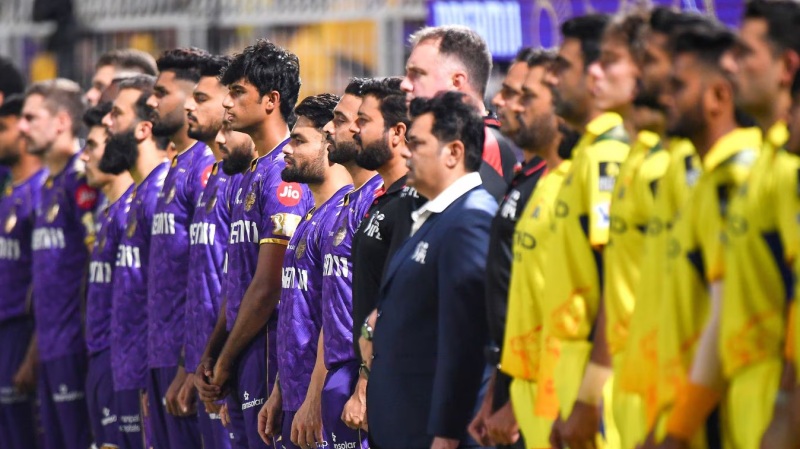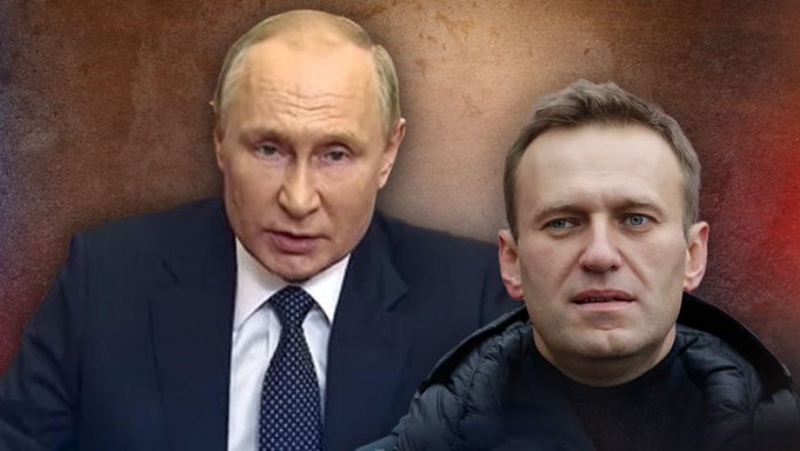 London. Theresa May wins Commons backing for 8 June general election. MPs overwhelmingly back government motion to hold general election, with 522 voting in favour and just 13 against
London. Theresa May wins Commons backing for 8 June general election. MPs overwhelmingly back government motion to hold general election, with 522 voting in favour and just 13 against
london. Theresa May has won the overwhelming backing of MPs for her decision to hold a general election on 8 June, saying it will secure “stability and certainty” as Britain prepares to enter Brexit talks.
MPs backed the government motion to hold a general election, with 522 voting in favour and 13 against, a majority of 509. It gives the prime minister the two-thirds majority required by the Fixed-term Parliaments Act to hold a general election before May 2020.
General election 2017: MPs vote in favour of 8 June poll by margin of 509 – as it happened
May had repeatedly said she had no plans to hold an early general election before surprising Westminster, including many of her own colleagues, by announcing the 8 June poll on Tuesday. Parliament will be dissolved on 2 May and the formal election campaign will begin.
Justifying the change of heart to MPs in the House of Commons shortly after prime minister’s questions on Wednesday, May said: “Today we face a new question: how best to secure the stability and certainty we need over the long term in order to get the right deal for Britain in Brexit negotiations and make the most of the opportunities ahead. And I’ve come to the conclusion that the answer to that question is to hold a general election now in this window of opportunity before the negotiations begin. A general election is the best way to strengthen Britain’s hand in the negotiation.”
Opposition MPs criticised the move, accusing May of going back on repeated claims that she would not hold an early election, and of seeking to silence debate. The Labour leader, Jeremy Corbyn, said: “Britain is being held back by her government. Most people are worse off than they were when the Conservatives came to power seven years ago, the election gives the British people the chance to change direction.”
He added: “This election is about her government’s failure to rebuild the economy and living standards for the majority. It is about the crisis her government has plunged the NHS into, the cuts to to our children’s schools which will limit chances of children, 4 million of whom live in poverty, a chance of an alternative to raise living standards, as more and more people do not have security in their work or over their housing.”
Those who voted against holding the election included the Labour MPs Clive Lewis, Ann Clwyd and Liz McInnes. Lewis, who postponed a planned May wedding because of the snap poll, said Labour should have forced the prime minister to trigger a vote of no confidence, the only other way the government can overturn the election schedule imposed under the Fixed-term Parliaments Act.




